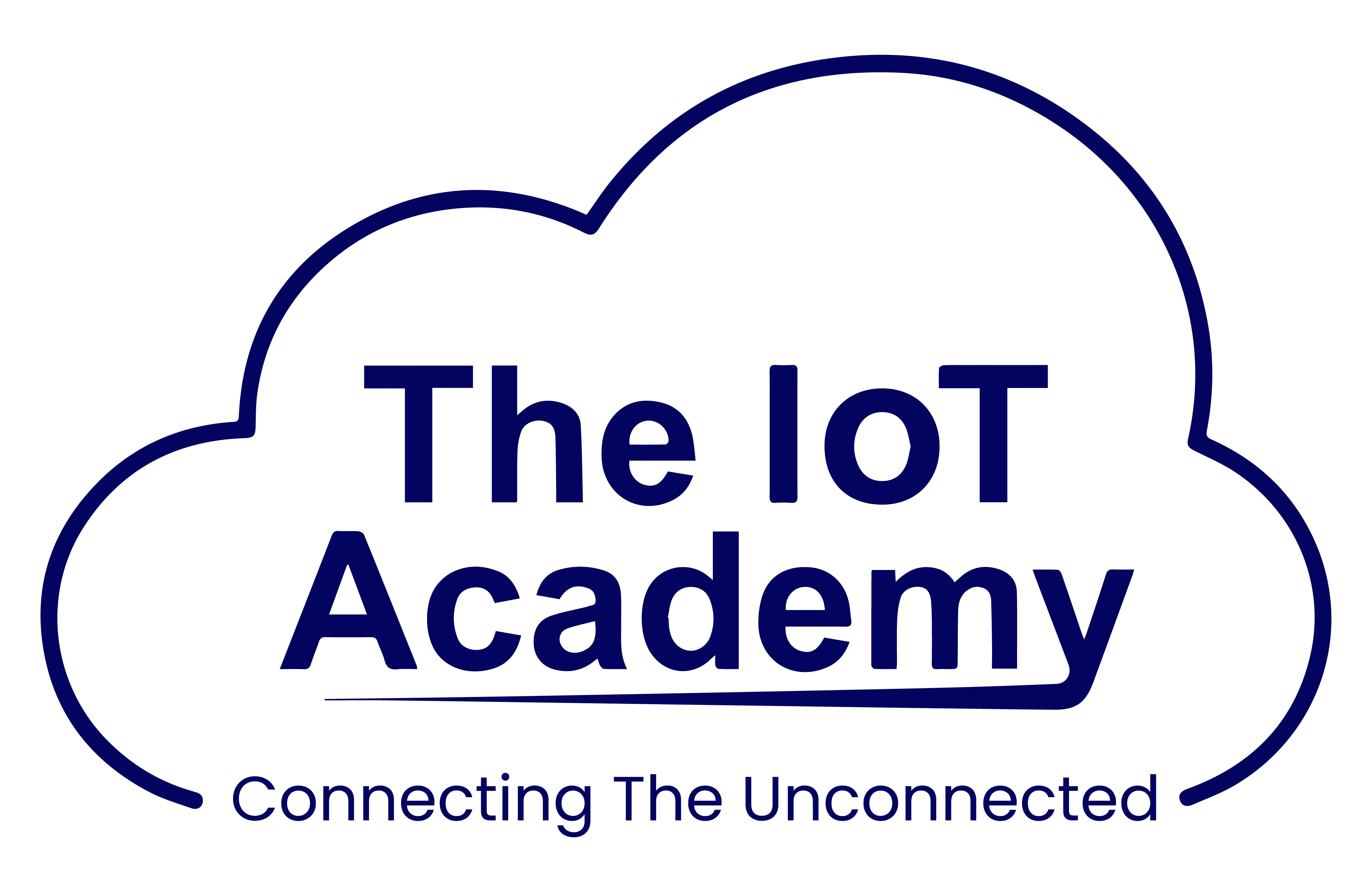

In the dynamic world of web development, you need a good local server to test and launch projects smoothly. Among the popular choices for local servers, XAMPP and WAMP stand out as prominent solutions. While both serve the same fundamental purpose, they differ in various aspects, catering to different preferences and requirements. In this guide, we will explore the difference between XAMPP and WAMP. Also will help you to choose the right option between XAMPP vs WAMP for your development.
XAMPP is a free tool that helps you build websites on your computer. It includes everything you need, like Apache (a web server), MariaDB or MySQL (databases), PHP (a programming language), and Perl. Also, you can run it from a USB drive, which is handy if you’re on the move. It comes with lots of help guides and a friendly community. In short, local server XAMPP makes it easy for anyone to create and test websites without needing an internet connection.
On the other hand, there is a difference between XAMPP and WAMP, WAMP is a tool for Windows that helps you make websites on your computer. It includes Apache (a web server), MySQL (or MariaDB, a database system), and PHP (a programming language). It’s easy to set up and use, even if you’re just starting. With WAMP, you can create and test websites without connecting to the internet. Whether you’re a beginner or an experienced developer, WAMP has features that suit everyone.
XAMPP helps developers make and try out websites on their computers without needing the internet. It includes a web server (Apache), databases (MariaDB or MySQL), and scripting languages like PHP and Perl. XAMPP server lets developers create a setup similar to a real web server. It is also portable, meaning it can run from a USB drive, handy for working anywhere. With lots of help guides and a helpful community, XAMPP is easy for everyone to use, whether you’re a beginner or an expert.
WAMP helps developers make and test websites on Windows computers. It makes setting up a web server easy by putting Apache (a web server). As well as MySQL (or MariaDB, a database system), and PHP (a scripting language) together in one simple package. With WAMP, developers can pretend they’re using a real web server, even without the internet. So, the main difference between XAMPP and WAMP is that WAMP is easy for beginners. Because of its simple interface, it also has advanced features for experienced developers.
Here is a table that indicates the difference between XAMPP and WAMP:
| Feature | XAMPP | WAMP |
|---|---|---|
|
Platform |
Works on Windows, macOS, and Linux |
Only for Windows |
|
Component |
Includes Apache, MySQL, PHP, and Perl |
Includes Apache, MySQL, PHP, and phpMyAdmin |
|
PHP Versions |
Supports multiple PHP versions |
Supports multiple PHP versions |
|
Database GUI |
Comes with phpMyAdmin |
Comes with phpMyAdmin |
|
Ease of Use |
Easy to install and set up |
Easy to install and set up |
|
Updates |
Updates may be slower |
May be slower |
|
Community |
Large community support |
Active community support |
|
Probability |
Can be made portable |
Not designed for portability |
|
Customization |
Allows more configuration options |
Limited customization options |
Setting up a local server environment with XAMPP is a straightforward process:
For Windows users, setting up a local server with WAMP is equally simple:
Learners Also Read: Discover the Top Difference Between SQL and MySQL
In conclusion, Both XAMPP and WAMP are good for making websites on your computer. XAMPP works on different systems and is flexible, while WAMP is best for Windows users. Knowing the difference between XAMPP and WAMP. It helps you to pick the right one for what you want. But whichever you choose, having a local server is important for making websites and testing them easily.
Ans. Choosing between XAMPP and WAMP depends on what you need. If you only use Windows and want something simple, go for WAMP. But if you want something that works on different systems and can run from a USB, choose XAMPP. XAMPP also has Perl included. Both are good for making websites on your computer, so pick the one that fits what you like and need.
Ans. While knowing the difference between XAMPP and WAMP. Yes, you can have both WAMP and XAMPP on your computer at the same time. They each create their own space for web development, so they don’t cause problems. It can be handy if you need to test projects in different setups. Just keep an eye on the ports they use to avoid issues, but having both is okay and can give you more options when you’re working.
About The Author:
The IoT Academy as a reputed ed-tech training institute is imparting online / Offline training in emerging technologies such as Data Science, Machine Learning, IoT, Deep Learning, and more. We believe in making revolutionary attempt in changing the course of making online education accessible and dynamic.

Digital Marketing Course
₹ 9,999/-Included 18% GST
Buy Course₹ 29,999/-Included 18% GST
Buy Course